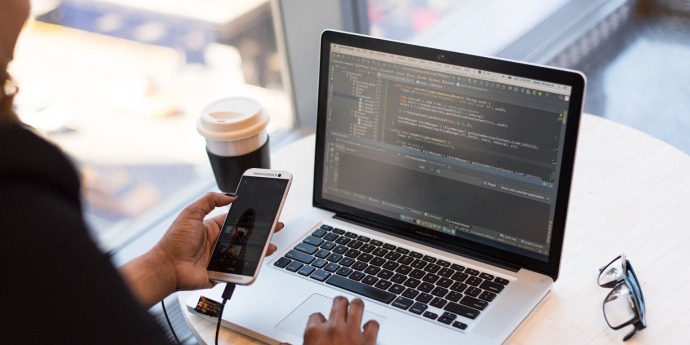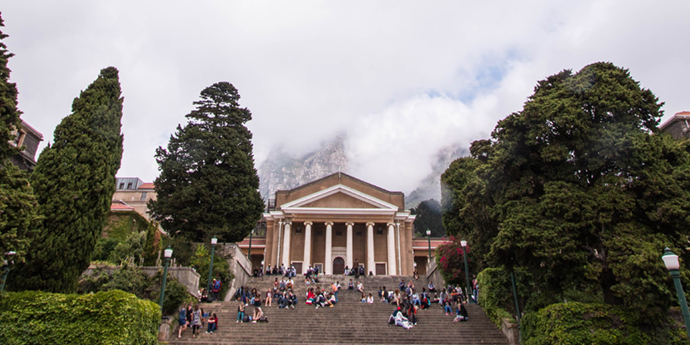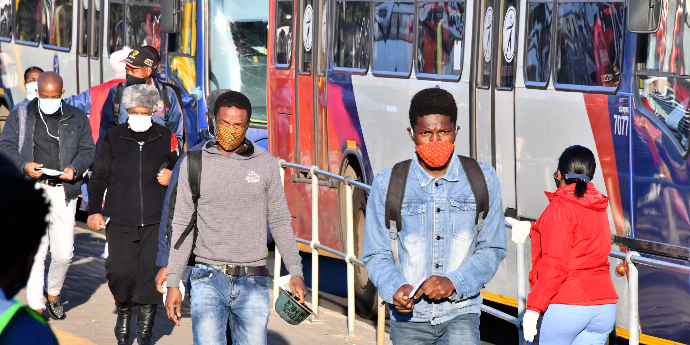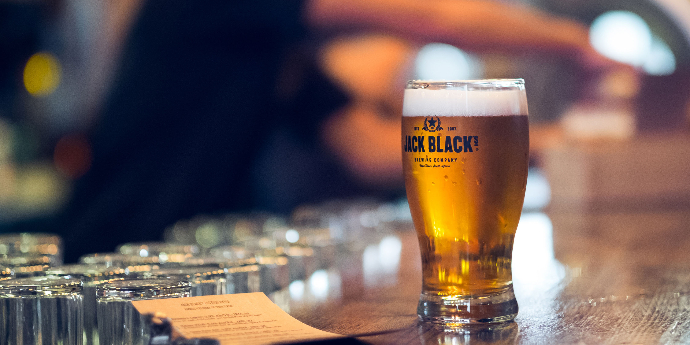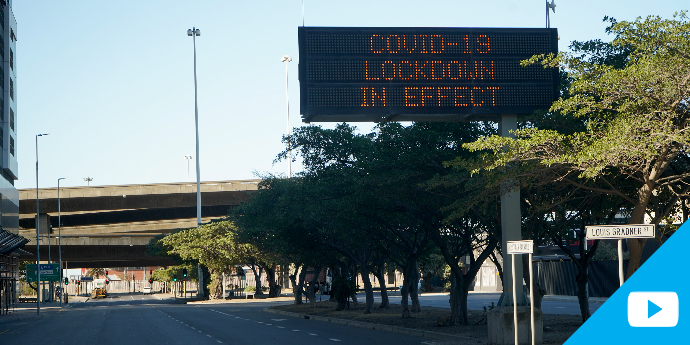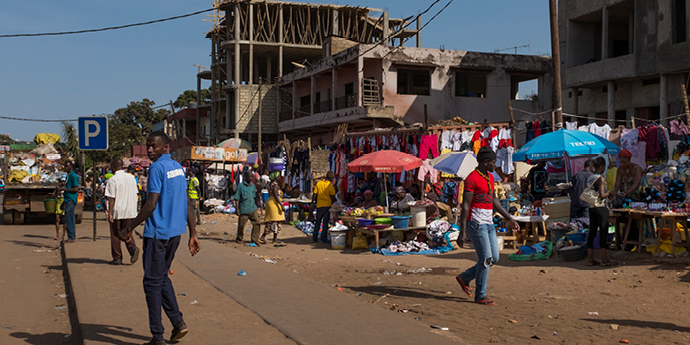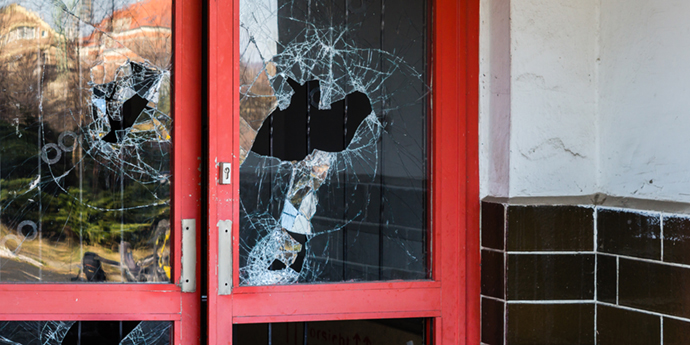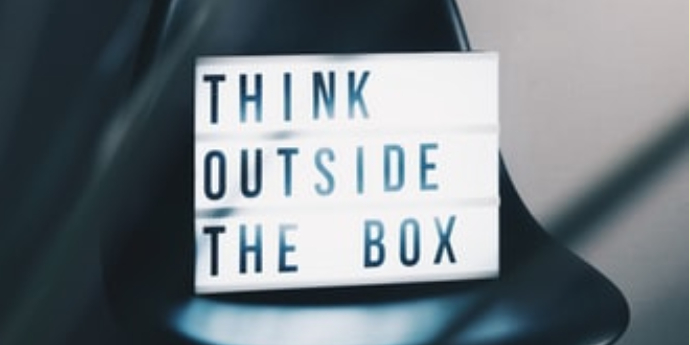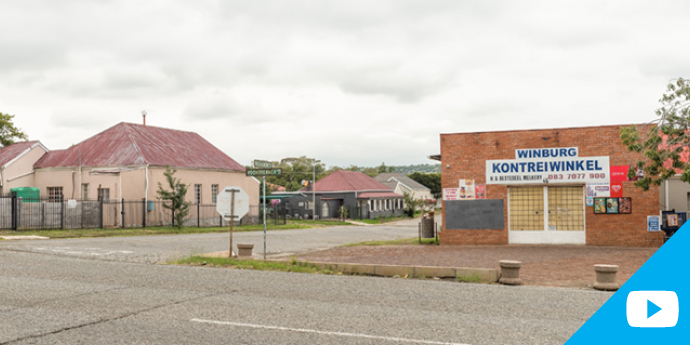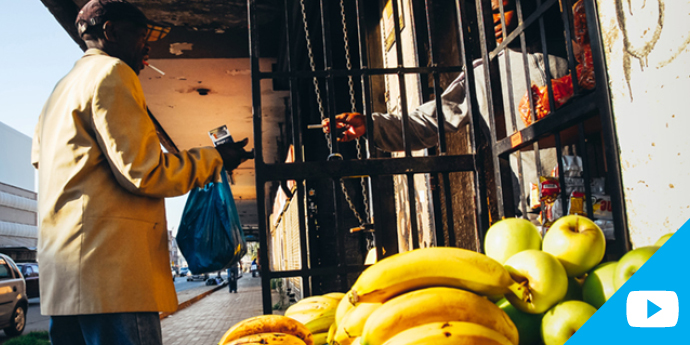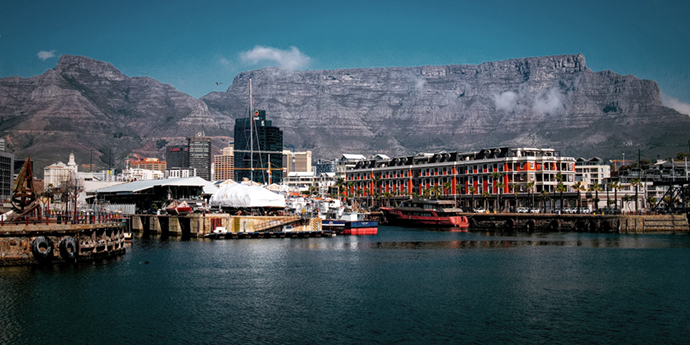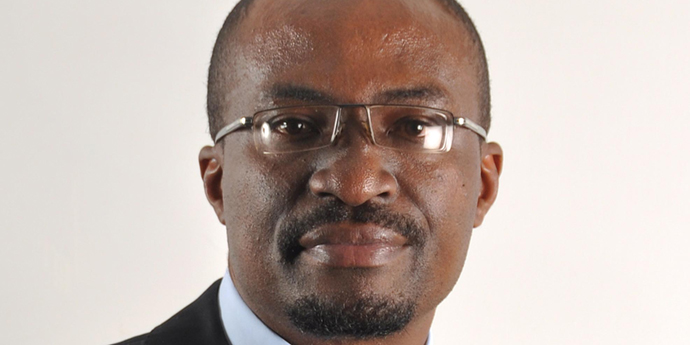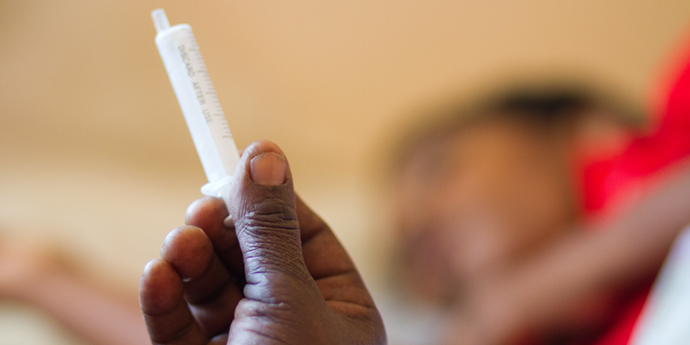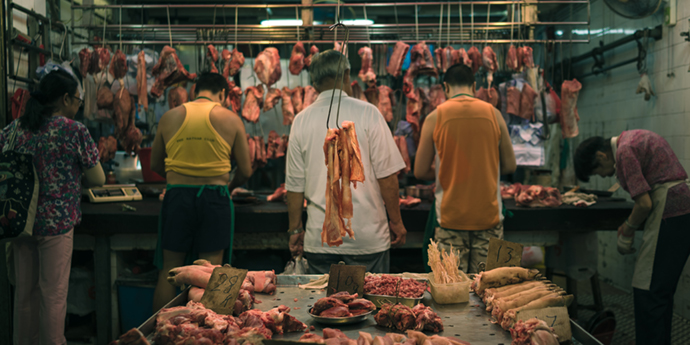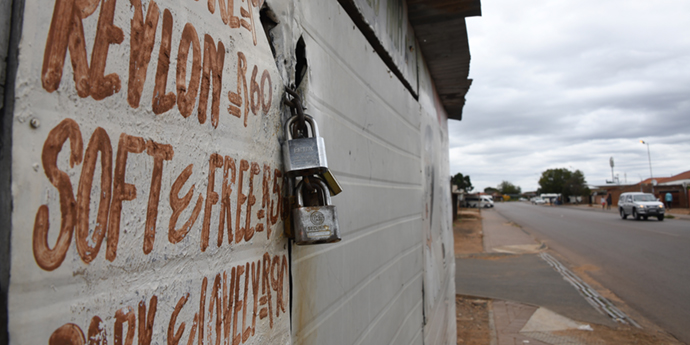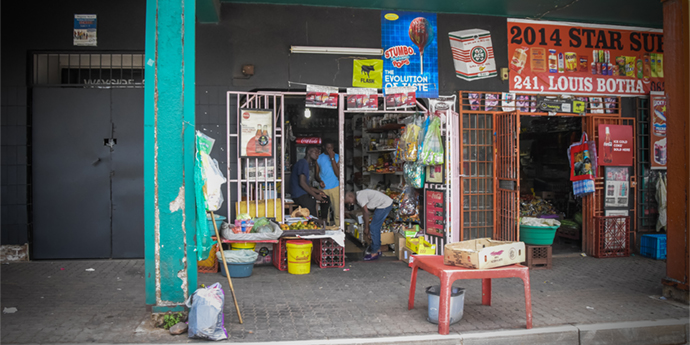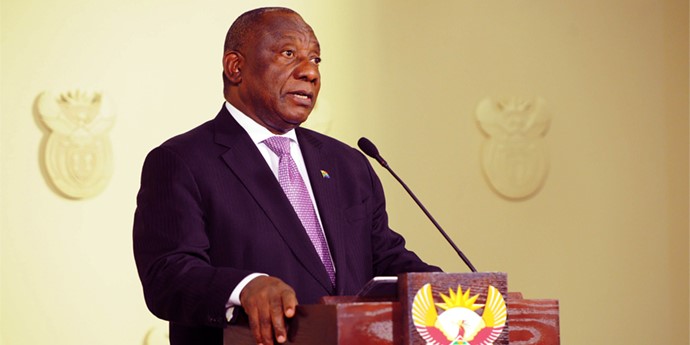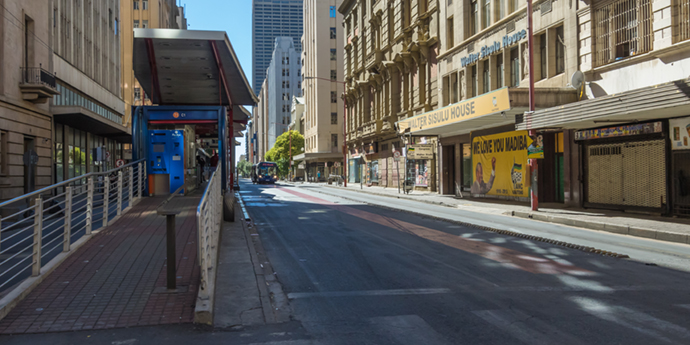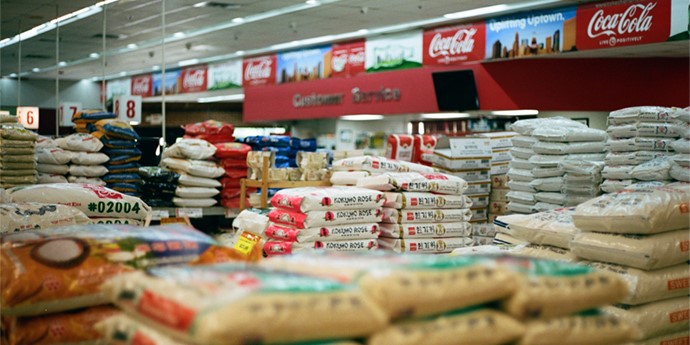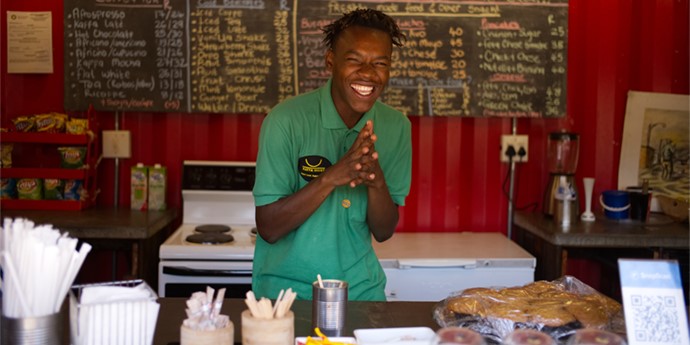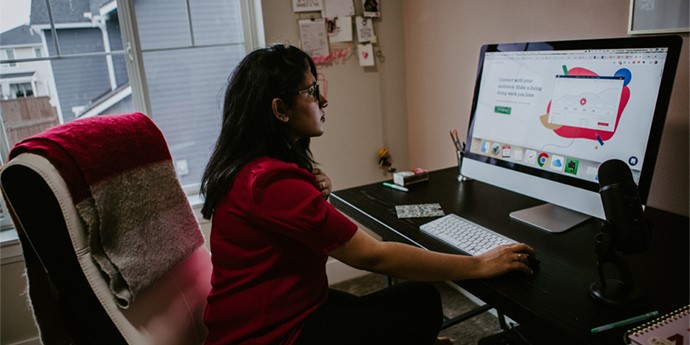The Edelman Trust Barometer released in January, exposed some rather discouraging truths, not only about the global state of the world, but also about South Africa. While these truths will not come as a surprise - after all, the survey was conducted with the general populace - it does have implications for how we engage with our governments and our institutions.
The first truth is that despite a strong global economy, none of the four institutions measured (government, business, NGOs, media) were trusted. South Africa, in particular, ranked lowest in terms of trust in all four institutions. The second truth is that growing inequality is significantly jeopardizing our trust in institutions. The more unequal our societies become, the less we are willing to trust our institutions to do the right thing.
But desperate times call for desperate measures, and indeed the worldwide spread of the fatal coronavirus, which has resulted in a death toll of 120,900 and counting, are desperate times indeed. Trust has never been so important and fragile at the same time. Trusting our institutions and our governments to have our best interests in mind, can be the difference between life and death these days. We need to be able to rely on their judgement, their competence, their benevolence and integrity, now more than ever. All of these are core elements of trust. Being in a vulnerable situation, as we are, on the one hand can raise our willingness to trust, making us more likely to want to trust our governments in guiding us through this pandemic. On the other hand, it can significantly raise our protective shields, particularly those of us living in more individualistic societies where freedom and liberty are core values we live by, thus causing us to believe that we alone know what’s best for us, and therefore don’t want to be told what to do, and how to protect ourselves.
However, as the fast spread of the virus has so clearly demonstrated, we are living in an increasingly interconnected world, not just virtually but physically. As such, the well-being of each of us is dependent upon, and connected to the well-being of our fellow beings. This interconnectivity means that whether you are inherently trusting or not, or whether you come from a collective or individualistic society, your trust in government and institutions matters a great deal. A very clear example of this is the stringent lockdowns that have been implemented by various national officials in order to protect the public’s welfare by aiming to flatten the curve . Where in some countries we have witnessed the compliance and cooperation of citizens (i.e. Taiwan and South Korea), in others we have seen defiance (i.e. the UK). We are more likely to comply if we trust those who are instructing us to do so. And our lack of trust, and consequent defiance, can be very costly because control mechanisms, such as dissemination of police and military, flying of drones etc., will have to come into effect.
South Africa however is at a critical juncture, with authorities having recently extended a 21-day lockdown by a further two weeks, in a country where the trust in government has been reported to be one of the lowest. President Ramaphosa, who was hailed across parties for his fast response in locking down the country in order to slow the spread of the virus, called for unity among South Africans and claimed to provide support for the country’s most vulnerable. Just over two weeks in, compliance has mostly overtaken defiance, which is a sign of trust. However, to maintain this momentum, and to gain the trust of the public whilst managing this crisis, three criteria need to be met.
Firstly, government needs to show that it has full competence and ability to deal with the crisis. Not to overstate their capacity, but to be open and honest about what they can and cannot do at this stage, and as the pandemic progresses. It’s vital for people to be able to assess their government as capable, and that means knowing their strengths and weaknesses. This builds confidence in the government, and confidence builds trust.
Second, they need to clearly communicate to citizens that their well-being is the priority. In a diverse and unequal society such as South Africa, well-being means different things to different people, so the entire spectrum has to be taken into consideration. After all, government needs the compliance of all its inhabitants, otherwise in a pandemic, the defiance of a few can outweigh the compliance of the majority. Showing benevolence increases trustworthiness, so whether individuals are trusting or not, you can increase their willingness to trust by displaying benevolence towards them.
Thirdly, and most importantly, for sustainable and longer-lasting trust, actions need to be conducted with integrity. There should be a clear display of values that are shared among the nation. The more diverse the nation, the more important it is to find common values that drive our actions and behaviours. Each measure taken in order to protect the nation from this fatal pandemic should be driven by core values that are important for the nation, such as unity, equality, fairness, justice, and compassion.
The silver lining of this pandemic is that people feel empowered by their sense of unity to overcome a commonly shared threat, which has transcended national borders. This openness towards the acceptance of vulnerability provides a suitable platform for governments to regain the trust of their people, which they have clearly lost over the years, as shown by the Edelman Trust Barometer, and to do this with integrity. My hope is that we come of out of this stronger and more united than before, and South Africa has a chance to lead the way.
Dr Badri Zolfaghari is a lecturer at the University of Cape Town Graduate School of Business




